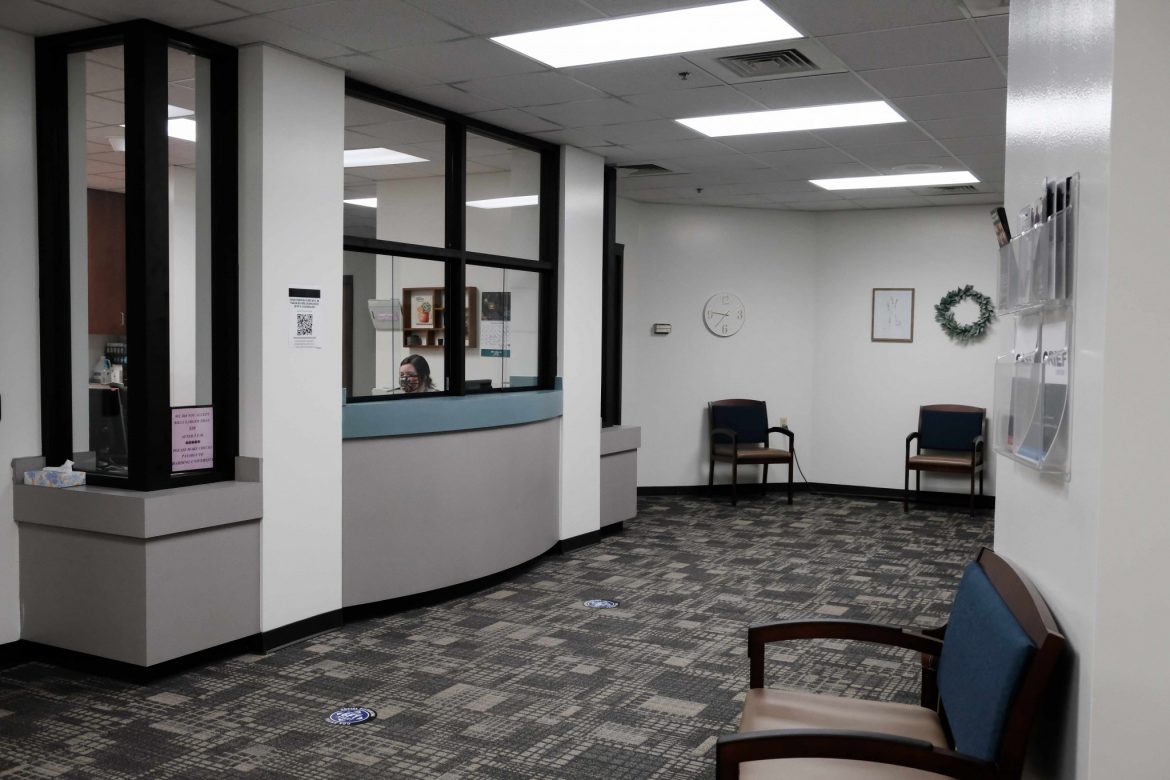The University Counseling Center has adapted its programming this semester to adhere to COVID-19 guidelines and continue to offer counseling services to students amid the pandemic.
Dr. Lewis Moore, director of the Counseling Center and professor of marriage and family therapy, said it is possible that Harding will see an increase in students visiting the Counseling Center, but they cannot know for sure until May.
Regardless of the numbers, Sherry Pollard, assistant director of the Counseling Center, said they are still seeking to serve students.
“I think Harding is very well aware of the importance of counseling,” Pollard said. “We need to be prepared to provide anything for our students — more than just academically.”
Pollard is retired but works part time in the counseling department. She chose to do so before COVID-19, recognizing the unique need of counseling services this year.
Some alterations to counseling session procedures include screening clients’ symptoms prior to entry, taking temperatures at the front desk, and directing students through proper entrances and exits. All sessions are socially distanced with masks required, and Telecounseling is optional for quarantined students or students who prefer this method to lower their chance of exposure to COVID-19.
“COVID has intensified emotional feelings,” Moore said. “Anxiety and depression have been more prevalent.”
Angela Bailey, a licensed associate counselor, said she acknowledges that stress and anxiety are more prevalent in her clients this year. However, she said she wants her clients to know that these circumstances are not permanent.
“Know that this is a temporary season,” Bailey said. “Although it is very real and stressful, it won’t always be this way.”
Despite the physical distance that comes with telecounseling, Pollard said that FaceTime is still effective in allowing for reading facial expressions to see if a person really is OK.
Bailey said she believes that mindfulness practices are helpful to keep a person’s mind at ease. Mindfulness Coach and the Healthy Minds Program are two apps she recommends to aid mental health. In addition, she encourages the student body to focus on authentically connecting with their circle of people.
